 In Hawaiʻi, insurance is more than a business decision; it defines how a business serves its tourists, safeguards its cultural practices, and protects its employees. Insurance-related risks are increased for businesses that operate multiple locations, either on the same island or throughout Hawaiʻi.
In Hawaiʻi, insurance is more than a business decision; it defines how a business serves its tourists, safeguards its cultural practices, and protects its employees. Insurance-related risks are increased for businesses that operate multiple locations, either on the same island or throughout Hawaiʻi.
For these businesses, finding optimum insurance coverage for one location is not enough. They must optimize their coverage regionally for different risk exposures, including weather, local laws, and more.
This article is designed to help business owners strategize insurance for multiple locations in Hawaiʻi to protect their business, customers, and assets.
Understanding the Risk Landscape Across Locations
While single-location businesses can prepare for a single risk environment, multi-location businesses must prepare for more possibilities. Different islands or even different regions of the same island can mean different risk exposures, including unique weather patterns, staffing challenges, tourist activity, supply chain dynamics, regulatory variations, and infrastructure access.
The way forward for multi-location businesses is to conduct location-specific risk assessments that account for these differences. The owners of multi-location businesses should know various risks for all their locations, including:
- Rate of rainfall
- Shipping logistics
- Access to repair crews
- Delivery timelines
- Availability of utilities
- Local regulations
Location-specific risk assessments help business owners guarantee that their policy structure reflects their risk profile for all locations, not just one.
Top Insurance Considerations for Multi-Location Businesses
Multi-location business owners must also know the types of insurance they need to protect their businesses and the best way to adapt their policies to multiple locations. These include:
Property Insurance
Property insurance must be defined on the insurance schedule for each physical location insured by the business. This includes buildings, signs, fixtures, and personal property.
To make sure each location is covered correctly, evaluate site-specific weather risks, such as local flood maps and hurricane zones. Additionally, keep an updated inventory and replacement cost valuation for each site.
General Liability Insurance
General liability coverage should include all addresses of operation to protect the business from liability claims regardless of location. These can include customer-related damage or injuries, property damage, and more.
Sufficient general liability insurance should account for the foot traffic at each location, the services offered, and the layout risks of each facility. Busy surf shops have different risk exposures than travel agency offices, and for businesses that host outdoor events, the risk of property damage could be greater. The coverage should always match the assessment for each location.
Workers’ Compensation Insurance

Workers’ compensation insurance is a legal requirement in Hawaiʻi, but risk levels can differ by location. Front offices have different risk profiles from warehouses. Business owners just need to make sure that each site is properly classified for insurance purposes, including accurate employee headcounts for each location.
Commercial Auto or Delivery Vehicle Coverage
Businesses that move goods or staff between locations must ensure their fleet of vehicles is covered. Vehicle usage in different territories or at different mileages can impact the pricing of auto insurance as well as the claims process. Business owners should be aware of the differences between their locations to protect vehicles based on their activity.
Business Interruption/Income Protection
Business interruption insurance and income protection are important for all businesses in Hawaiʻi. These coverages are especially critical for businesses that are dependent on tourism or inter-island shipping since an interruption can disrupt their whole season. Be sure to customize the policy based on the approximate time it takes for each location to resume operations after a disruption.
Cyber Liability and Data Protection
Businesses with centralized POS or cloud-based systems should be aware of their cyber liability profile. Modern businesses must have consistent security practices that cover each site, especially if they need to protect valuable patient, customer, donor, or employee data from theft.
Umbrella / Excess Liability Coverage
When standard coverage is not enough, umbrella coverage provides higher protection. This is especially important for businesses in high-traffic or high-liability environments across multiple locations.
Operational Best Practices for Managing Multi-Site Insurance
Managing multi-site insurance may seem daunting, but business owners can manage with a few essential practices:
- Work with a single broker who is familiar with the nuances of Hawaiʻi’s businesses and regional differences.
- Centralize insurance documentation and renewal calendars to one provider and one workflow.
- Conduct annual location-specific risk assessments.
- Train on-site managers to know the coverage and claims processes for their locations.
- Confirm accurate and updated listings for physical addresses and assets on the insurer’s documents.
Common Questions from Multi-Location Businesses
Is one master policy enough for multiple locations?
It depends, since some policies allow multi-site coverage while others require endorsements or separate schedules to cover multiple locations.
Do different islands require separate business licenses or insurance types?
Yes, licensing varies by county; insurance coverage should reflect jurisdiction-specific requirements.
If one location closes, can I adjust coverage mid-policy?
Yes, but you must notify your insurer promptly to avoid coverage gaps and compliance issues.
Should I have different limits for each location?
Possibly, since high-traffic or high-value sites may require higher coverage levels.
How do I bundle coverage to save across multiple locations?
Local brokers can bundle coverage from multiple commercial policies into one cost-effective package.
Partner with a Local Broker to Insure Your Multi-Location Business
 Many business owners struggle to properly insure multi-location businesses in Hawaiʻi. The general rule to follow is that for higher foot traffic, liability insurance should have higher coverage limits. However, other factors should be considered too, such as the industry, seasonal activity, weather patterns, local regulations, and more.
Many business owners struggle to properly insure multi-location businesses in Hawaiʻi. The general rule to follow is that for higher foot traffic, liability insurance should have higher coverage limits. However, other factors should be considered too, such as the industry, seasonal activity, weather patterns, local regulations, and more.
Our local agents can help you conduct location-specific risk assessments across your locations and create the insurance strategy that makes sense for all of them. Contact our team at Atlas Insurance to learn how an experienced local broker can personalize your insurance strategy for your multi-location business.
